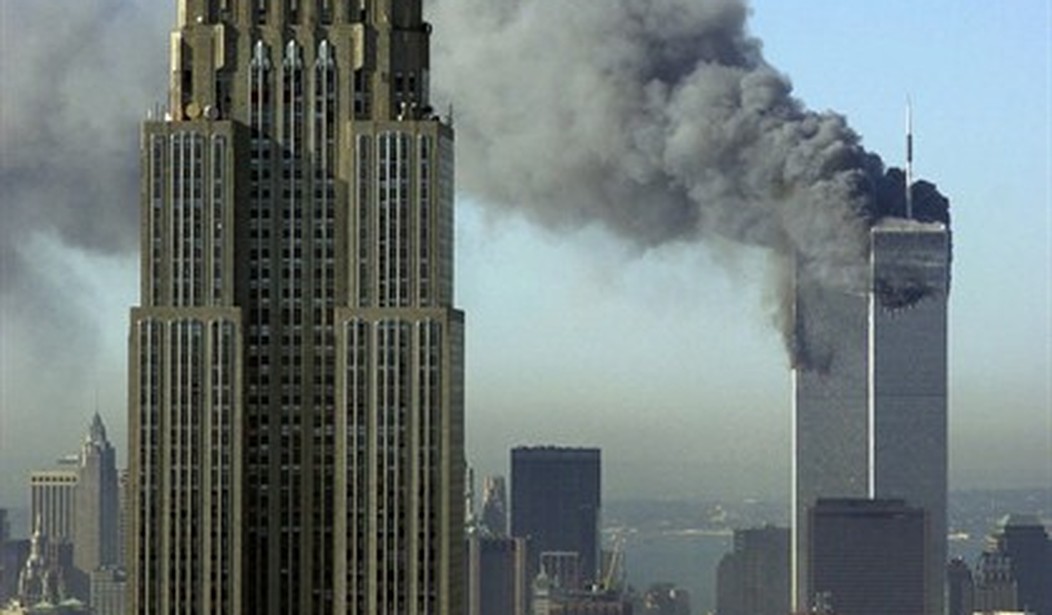The attacks on September 11, 2001, shattered American’s complacency about the world and began what’s become known as a “Long Twilight Struggle” against fanaticism and hate. But 20 years, trillions of dollars, and thousands of more American lives later, are we any safer than we were 20 years ago?
Collectively, as a nation, there shouldn’t be any doubt that we are. Changes to the way our intelligence agencies interact with law enforcement as well as troubling changes in the national security state virtually guarantee we won’t be sucker-punched again.
There will be individual fanatics and small groups who will launch attacks, but the threat of a 9/11-style assault has been all but eliminated.
But at what cost? And are the changes made to the law really necessary to keep us safe?
The New York Times described the “so-called war on terror” this way.
Twenty years after the terrorist attacks of September 2001, the so-called war on terror shows no sign of winding down. It waxes and wanes, largely in the shadows and out of the headlines — less an epochal clash than a low-grade condition, one that flares up occasionally, as in 2017, when Islamic State militants ambushed American and local soldiers outside a village in Niger, killing four Americans.
When intelligence leaders briefed Congress this year on the major threats facing the country, they focused on China, Russia, climate change and pandemics. In the wake of the Jan. 6 insurrection, domestic extremism, already of growing concern, received new attention.
International terrorism was scarcely mentioned.
The politicians just want the issue of terrorism to go away — unless they can exploit it for political purposes as Republicans did with Islamic extremism in the first years after the attacks and Democrats are doing now with their “domestic extremism” campaign. Terrorism as a threat to the security of the U.S. has faded.
Can it return?
Many experts worry that over the long term, Afghanistan could become a terrorist haven once again, and could incubate future attacks.
Without an embassy and bases on the ground, it will be much harder for U.S. intelligence agencies to track the threats there. The drones and other air assets that will fly over Afghanistan airspace to spy and occasionally strike will be coming from far way in the Persian Gulf.
Several presidents lost the war in Afghanistan. But Joe Biden has botched the peace. By leaving Afghanistan so precipitously and haphazardly, a major element of American security has been flushed down the toilet.
And there’s only one person to blame for that.
Michael Leiter, former head of the National Counterterrorism Center, told NBC News, “We’re safer here at home, because we’ve got an integrated intelligence community and law enforcement in a way that we never had, pre 9/11. We’re safer globally, because we have a network of allies who have similar structure set up
“We talk a lot about ‘over-the-horizon’ targeting of terrorists,” Leiter said. “So we can certainly do that — everyone knows about drones, unmanned aerial vehicles, we have airstrikes, all of those things.”
But they require partnerships with people on the ground, he added, and “losing that presence in Afghanistan will make it harder for us to partner to find those targets.”
Leiter is talking about reliance on NTM, or “National Technical Means” to keep an eye on the terrorists in Afghanistan. Satellites and signals intelligence are state of the art but can be evaded by an enemy with their own intelligence sources. Fighting a war “over the horizon” is not satisfactory.
But for the moment, the United States is relatively safe, if not her citizens individually. For that, it would be enormously helpful if we knew who was entering our country from the war zone. It would seem to be only common sense to vet those who made it out of Afghanistan and want to settle in America.
That apparently isn’t a priority for the Biden administration, which is far more worried about the abortion law in Texas than in allowing violent extremists into the country as refugees.
The answer to the question “are we safer” than we were 20 years ago would have to be a qualified “yes.” Whether we’ll be able to say the same thing five or ten years from now is unknown.










Join the conversation as a VIP Member